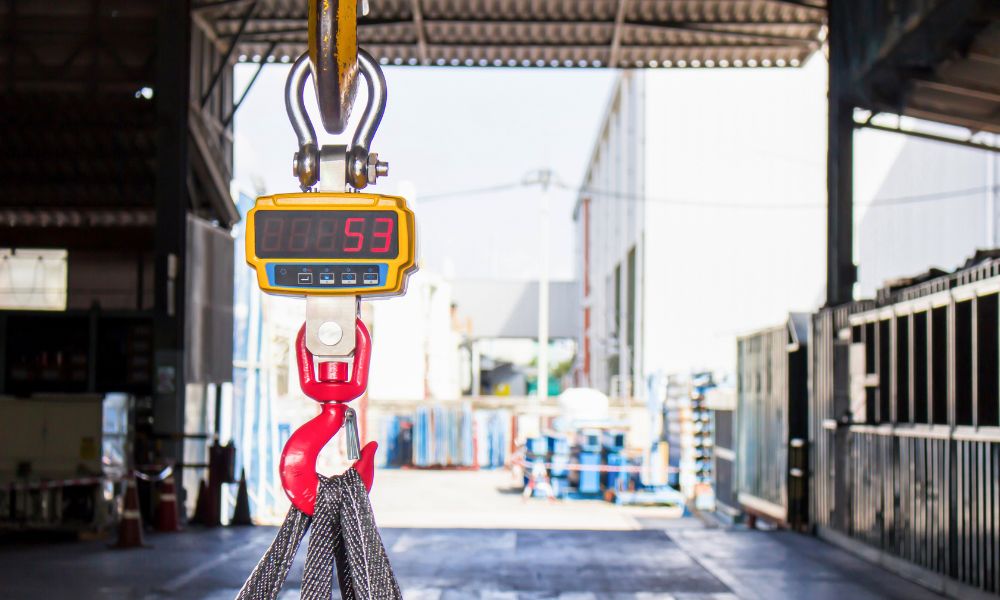
It’s necessary to understand why calibration is so important. Proper calibration ensures your crane scale provides accurate readings, which are essential for maintaining safety standards and preventing potentially costly errors. Even the most reliable crane scales can give inaccurate results without regular calibration, leading to serious implications.
To avoid these problems, proper calibration is not just important—it’s a prerequisite. These five tips for properly calibrating a crane scale will give you the confidence and knowledge needed to keep your crane scale functional and ready.
Regularly Schedule Calibration
Regularly scheduling calibration should be an integral part of your maintenance routine. The calibration frequency can depend on various factors, including the volume of use, the environment, and the manufacturer’s guidelines. High-volume, heavy-duty operations may require weekly or even daily calibrations, while less demanding environments might only require monthly or quarterly calibrations.
Use Certified Calibration Weights
Certified calibration weights are crucial for ensuring your crane scale’s accuracy. These weights undergo rigorous testing and verification by accredited bodies, such as the National Institute of Standards and Technology (NIST) in the United States, to guarantee their mass. They are available in a wide range of values, from milligrams to kilograms, allowing for precise calibration across various scales and applications.
Calibrate in the Right Environment
The environment in which you calibrate your crane scale can significantly influence how accurately it measures weights. Vibrations from nearby machines or operations can interfere with the delicate balance of the scale, distorting the readings. Temperature fluctuations can cause components to expand or contract, affecting the scale’s accuracy. Therefore, you should always choose a location with a stable temperature for calibration.
Consult a Professional
Working with professionals who have the necessary knowledge and experience of handling quality crane scales will ensure a successful calibration process. A professional service guarantees good results and brings peace of mind, knowing that your operations are running safely and efficiently. Despite the upfront cost of hiring a professional, the long-term benefits, like operational reliability, safety, and compliance, outweigh the initial expenditure.
Follow the Manufacturer’s Instructions
The manufacturer’s instructions contain unique specifications for your crane scale. These guidelines account for the scale’s design, material composition, expected usage, and other variables that can influence calibration. Following them meticulously ensures the calibration process aligns with the scale’s intended operation, preserving its accuracy and prolonging its lifespan.
Maintaining the calibration of your crane scale is an ongoing task crucial for accurate and safe operations to keep your business safe and thriving. Following these five tips ensures your crane scale remains a reliable tool in your industrial operations.
If you’re seeking professional assistance for the calibration of your crane scales, don’t hesitate to get in touch with us. Our team of experts is well-equipped and ready to ensure the accuracy and safety of your equipment. Call us today, and we’ll ensure your operations run smoothly and efficiently.